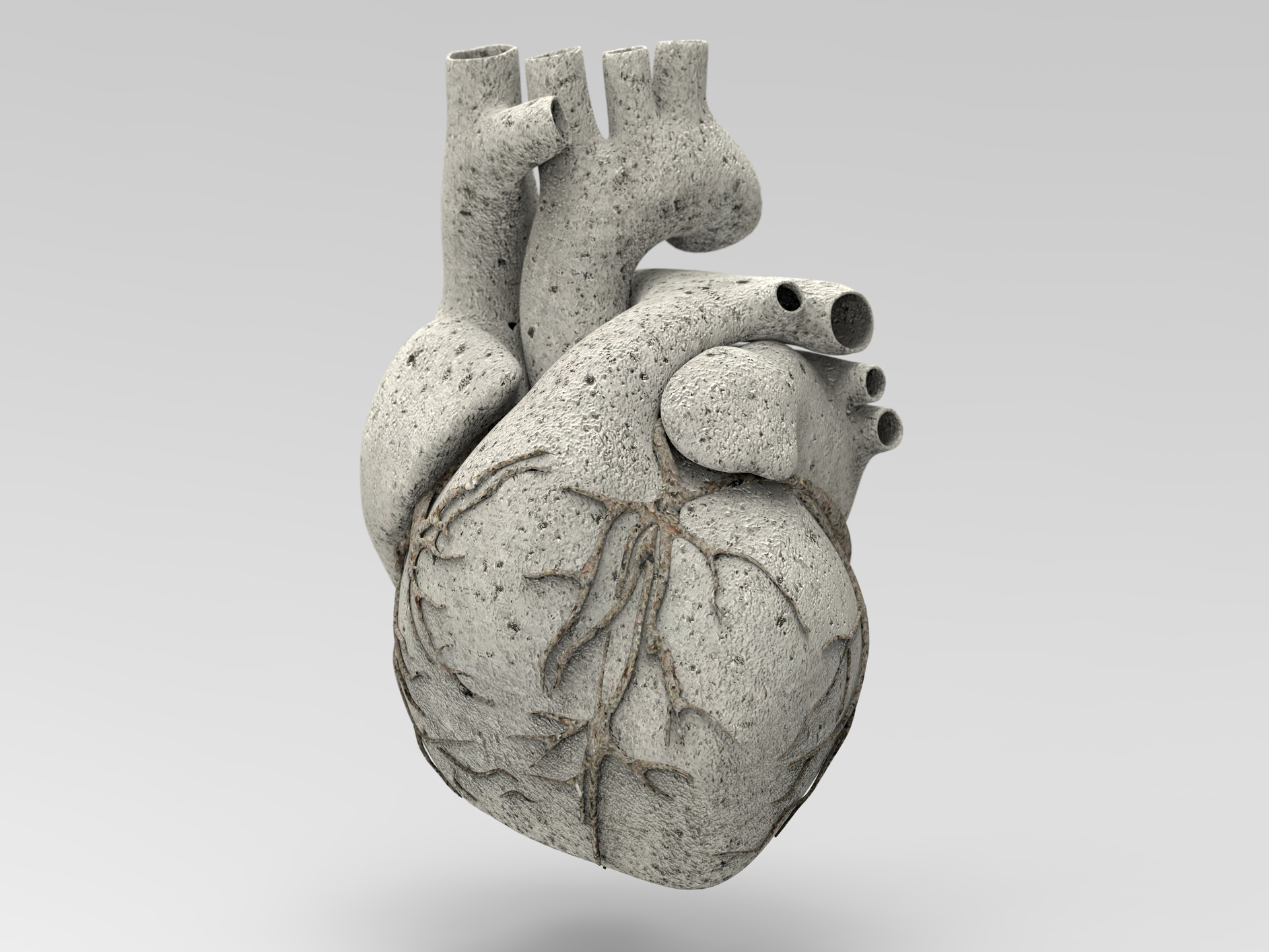Get Easy Health Digest™ in your inbox and don’t miss a thing when you subscribe today. Plus, get the free bonus report, Mother Nature’s Tips, Tricks and Remedies for Cholesterol, Blood Pressure & Blood Sugar as my way of saying welcome to the community!
There’s more than meets the eye about how our arteries harden

Hardening of the arteries seems to be one of those things we just expect with age.
But it also goes hand-in-hand with chronic kidney disease. Either way, it can destroy heart function, leading to heart attack and even death.
But, knowing it’s bad for us and actually understanding how it happens (much less how to stop it) are two very different things.
There’s always advice on what to eat and what do — like exercise more — but how much do those things really help?
Well, thanks to a new study, scientists have learned more about the process that causes our arteries to harden — and that’s valuable information if you want to try to avoid that longevity killer…
Mineral accumulation in a surprising place
Put simply, the hardening of the arteries is the accumulation of minerals in their lining. Once these minerals build up, your arteries can no longer flex but instead become stiff, making it harder for your heart to pump the blood your body needs.
Your blood pressure goes up, blood clots are more likely to form, and your life is put at risk.
For decades now, researchers and medical professionals have assumed that this process begins in the collagen that reinforces your artery walls. After all, the theory made sense due to the fact that collagen is essential for the normal mineralization of our teeth and bones.
However, a team of scientists from McGill University has now found the process that happens in our arteries is quite different…
Instead, researchers saw that elastin, the material that gives arteries their elasticity so they can expand and contract in response to the pumping of the heart to facilitate blood flow, is where an abundance of minerals get deposited.
Yup, the elastin that’s supposed to make your arteries stretchy is the part that actually hardens first.
And that happens because of what they discovered in the second part of the study: early-stage calcium phosphate minerals had been collecting in the elastin-containing layers of diseased mouse arteries.
So now, we know that mineralization of elastin is one of the very first (and therefore most important) steps down the dangerous road to hardened arteries, and that information may help modern medicine come up with treatment options to block mineralization in arteries sometime in the future.
Keeping elastin elastic
With my family history of heart disease, I have spent years researching what I can do to keep my arteries healthy. Let me share what I’ve found…
Though still somewhat controversial, as far as conventional medicine goes, scientists are trying a nano chelation therapy to help prevent calcium (a mineral) buildup in the arteries of patients with kidney disease.
The theory behind chelation therapy is that it helps sweep away minerals and heavy metals (it’s government-approved for treating lead poisoning). Typically administered through IV, under the guidance of a doctor, chelation therapy delivers EDTA to help bind to minerals and flush them from the body.
But despite its long history of use, it’s not widely accepted in the medical community. But it looks like that could be changing. Hopefully, the kidney disease research will be successful enough that the treatment will be available for anyone that wants to avoid the hardening of the arteries.
Until then, there are ways to just support the health of our arteries, starting with diet. The Mediterranean diet should top the list of artery-loving diets, because of its focus on healthy oils: olive oil and omega-3s from fish.
The Med diet also includes lots of fruit and vegetables. Many fruits contain resveratrol, a powerful antioxidant shown in studies to reduce artery stiffness, even in people with type 2 diabetes (a condition that increases your risk for hardening of the arteries).
The Med diet is also great to maintain healthy blood pressure. It’s rich in nutrients that support blood vessel health, like:
- Vitamin K2 – found in fermented foods and dairy, like full-fat Greek yogurt, and a Japanese food called natto. A study of 4,807 people supplemented with vitamin K2 found that they experienced a 52 percent reduction in calcium deposits — as well as a 41 percent lower risk of serious heart problems.
- Grape Seed Extract – Grape seed extract delivers heart-healthy polyphenols that activate nitric oxide in the lining of your blood vessels to keep blood platelets from sticking together by relaxing arteries.
- Green Tea Extract – Phytochemicals in green tea, called catechins, have been proven to reduce oxidative stress and soothe inflammation to support better heart and blood vessel health.
Taking care of your arteries can go a long way to maintaining your good health. Start with a healthy Mediterranean-style diet, moderate exercise and take advantage of natural ways to keep your arteries smooth, supple and strong.
Editor’s note: Have you heard of EDTA chelation therapy? It was developed originally to remove lead and other contaminants, including heavy metals, from the body. Its uses now run the gamut from varicose veins to circulation. Click here to discover Chelation: Natural Miracle for Protecting Your Heart and Enhancing Your Health!
Sources:
- How High Blood Pressure Can Lead to a Heart Attack — American Heart Association
- McGill research team studies how calcium compounds accumulate in the arteries — EurekAlert!
- Resveratrol Might Help Diabetics’ Arteries — WebMD












